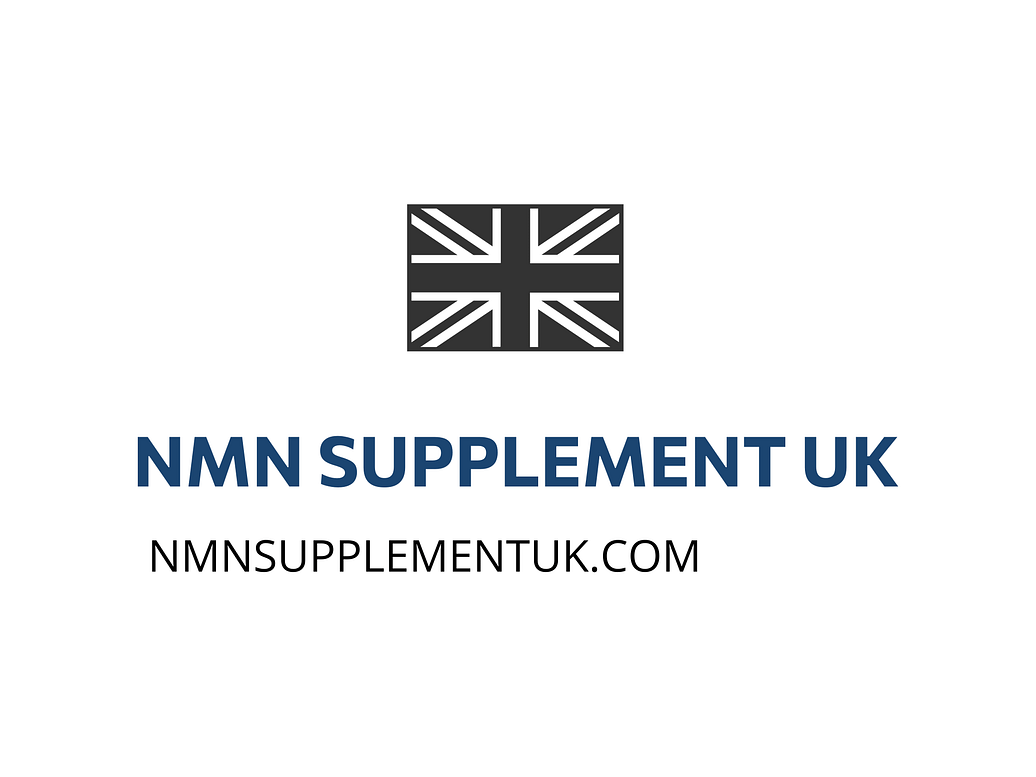Ultimate Guide to how to look younger
health supplements Versus supplement: Which is Better for Your Health?
When it comes to maintaining our health, we’re constantly looking for ways to improve our well-being. With the numerous options available, it can be overwhelming to decide which path to take. Here, we’ll delve into the world of health supplements and explore the differences between them and regular supplements. We’ll examine the benefits, risks, and scientific evidence to help you make an informed decision about what’s best for your health in 2025.
Understanding Health Supplements
Health supplements, such as vitamins, minerals, and herbs, are designed to complement our diets and provide essential nutrients that our bodies need. They can be found in various forms, including pills, capsules, and powders. The main goal of health supplements is to promote overall health and prevent deficiencies. You can browse our selection of health supplements to learn more about the different types available.
For instance, vitamin D supplements have been shown to be beneficial for bone health, while omega-3 fatty acid supplements can help reduce inflammation. However, it’s crucial to consult with a healthcare professional before adding any new supplements to your regimen, as they can interact with medications or have adverse effects in certain individuals.
The Benefits of Health Supplements
Health supplements can offer numerous benefits, including:
- Fill nutritional gaps: Health supplements can provide essential vitamins and minerals that our diets may lack.
- Boost energy: Certain supplements, such as iron and B12, can help increase energy levels.
- Support immune function: Supplements like vitamin C and zinc can help support immune function and reduce the risk of illness.
- Enhance mental health: Omega-3 fatty acids and other supplements have been shown to have a positive impact on mental health.
It’s essential to note that while health supplements can be beneficial, they shouldn’t replace a healthy diet and lifestyle. A well-balanced diet and regular exercise are still the best ways to maintain overall health.
The Risks Associated with Health Supplements
While health supplements can be beneficial, they also carry some risks. Some of the potential risks include:
- Interactions with medications: Certain supplements can interact with medications, reducing their effectiveness or increasing the risk of side effects.
- Adverse effects: Some supplements can cause adverse effects, such as allergic reactions or digestive issues.
- Contamination: Supplements can be contaminated with heavy metals, pesticides, or other substances that can be harmful to our health.
- Lack of regulation: The supplement industry is largely self-regulated, which can make it difficult to ensure the quality and safety of supplements.
To minimize the risks associated with health supplements, it’s crucial to choose high-quality products from reputable manufacturers and follow the recommended dosage. You can learn more about our quality control process on our About Us page.
Scientific Evidence and Health Supplements
When it comes to evaluating the effectiveness of health supplements, it’s essential to look at the scientific evidence. A study published in the National Center for Biotechnology Information found that omega-3 fatty acid supplements can help reduce inflammation and improve heart health. However, the same study also noted that the quality of the evidence was limited, and more research is needed to fully understand the effects of omega-3 fatty acid supplements.
It’s also important to be aware of the potential biases and limitations of scientific studies. For example, some studies may be funded by supplement manufacturers, which can influence the results. And, individual results may vary, and what works for one person may not work for another.
Supplements: What’s the Difference?
So, what’s the difference between health supplements and regular supplements? The main difference lies in the purpose and composition of the supplements. Health supplements are designed to promote overall health and prevent deficiencies, while regular supplements may be designed to address specific health concerns or provide a quick energy boost.
For instance, a regular supplement like a protein powder may be designed to help individuals build muscle mass, while a health supplement like a multivitamin may be designed to provide essential nutrients for overall health.
Practical Examples and Trade-Offs
Let’s consider a practical example. Suppose you’re an athlete looking to improve your performance. You may be considering adding a protein powder supplement to your regimen. While protein powder can be beneficial for building muscle mass, it’s essential to weigh the potential benefits against the potential risks. For instance, some protein powders may be high in sugar or artificial ingredients, which can have negative effects on overall health.
In this case, a health supplement like a multivitamin may be a better option, as it can provide essential nutrients for overall health without the potential risks associated with protein powder. However, it’s crucial to consult with a healthcare professional to determine the best course of action for your individual needs.
Frequently Asked Questions
If you’re considering adding health supplements to your regimen, you may have some questions. Here are some frequently asked questions and answers:
- Q: Are health supplements safe? A: While health supplements can be safe when used properly, they can also carry some risks. It’s essential to choose high-quality products and follow the recommended dosage.
- Q: Can I take health supplements with medications? A: It’s crucial to consult with a healthcare professional before taking health supplements with medications, as they can interact and reduce the effectiveness or increase the risk of side effects.
- Q: How do I choose the right health supplement? A: You can learn more about choosing the right health supplement on our FAQ page.
Conclusion and Recommendations
Finally, health supplements can be a valuable addition to a healthy diet and lifestyle. However, it’s essential to be aware of the potential risks and benefits and to choose high-quality products from reputable manufacturers. By doing your research and consulting with a healthcare professional, you can make an informed decision about what’s best for your health in 2025.
Remember, health supplements shouldn’t replace a healthy diet and lifestyle. A well-balanced diet and regular exercise are still the best ways to maintain overall health. By combining a healthy lifestyle with the right health supplements, you can optimize your health and well-being.






